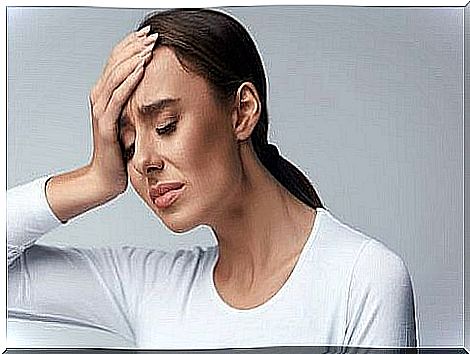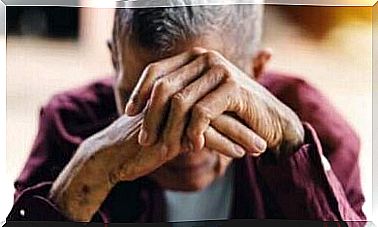Headache Caused By Dehydration: More Water And Less Medicine

We almost all struggle with headaches from time to time, and we all have different ways of dealing with it. In fact, there are many factors that can cause such pain. As a headache caused by dehydration. Nevertheless, a large part of the population chooses the solution they believe is the fastest and easiest: medication.
When the cause of the headache is unknown, interestingly, the recommended treatment is also the simplest, cheapest and safest: drink water. That said, headaches caused by tension or other medical reasons may require a different treatment. Still, it does not hurt to make sure you get enough water.
If you get too little water and become dehydrated, headaches and other symptoms can result. So sometimes it will not help to take a Paracetamol, an Ibux, or other anti-inflammatory medications. If the cause of the headache is dehydration, and the pain disappears after you take the medicine, in fact the water you drank with the medicine may have been more useful than the medicine itself.

To identify headaches caused by dehydration
A headache caused by dehydration is a secondary headache, due to lack of fluid in the body. The pain can range from relatively mild to severe pain that accompanies migraines, for example.
This is because our bodies need the right balance of fluids and electrolytes to function properly. Fluids disappear from our bodies in many ways every day, such as when we sweat or go to the bathroom. Therefore, one can experience headaches caused by dehydration when sweating, or when our bodies lose essential fluids. Fluid loss can occur as a result of intense exercise or if you are in a hot climate. Such headaches can of course also occur if you do not drink enough fluids in everyday life.
If you drink enough fluids or eat foods that contain a lot of fluids, you will usually maintain a good fluid balance in the body. Nevertheless, the body sometimes loses water faster than it is replaced.
When the body is dehydrated, your brain temporarily shrinks due to fluid loss. This can lead to a separation between the brain and the skull, which in turn causes you to experience pain and headaches. The brain returns to its normal state when the fluid balance is created and the headache will disappear.
The symptoms of headache caused by dehydration
Headaches caused by dehydration can be experienced as a mild headache or as an intense migraine. You can feel pain on the front, back, sides or in the whole head.
Unlike a sinus headache, a person who experiences headaches caused by dehydration will probably not feel pain or pressure in the face. They will also probably not feel pain in the back of the neck, as is often the case with headaches caused by tension.
The following symptoms indicate that the headache is due to dehydration:
- Thirst.
- Reduced urination.
- Dark urine.
- Confusion.
- Dizziness.
- Exhaustion.
- Dry, sticky mouth.
- Inelastic skin.
- Low blood pressure.
- Increased heart rate.
Some people only experience headaches when they are severely dehydrated. They may also experience other symptoms such as lack of sweat, fever, sunken eyes and dry, contracted skin.
How to prevent headaches caused by dehydration
Taking care of the fluid balance in the body is the best way to prevent headaches caused by dehydration. If you struggle a lot with headaches, this preventative measure can significantly improve your quality of life. But how much water should you drink to have a good fluid balance? Your temperature, activity level and body weight determine how much water you need to drink each day.
Mobile apps are a great way to help you remember to drink enough water. There are many free apps out there. Find one that takes into account your weight, activity level and temperature when calculating the amount of water you need. By monitoring the fluids you drink during the day, you ensure that you get the recommended amount.

When headaches have other causes
Tension, poor posture and stress often lead to headaches. Regular physical activity and relaxation exercises are two good measures to avoid or alleviate headaches. Personally, I recommend an activity that combines both of these, namely yoga.
Should the headache persist, increase in intensity or be extreme, go to the doctor to find out the cause of your headache. Remember, however, it is important to find the very root of what is causing your headache, not just the superficial reasons. Also remember that medication on a general basis only alleviates the symptoms.









